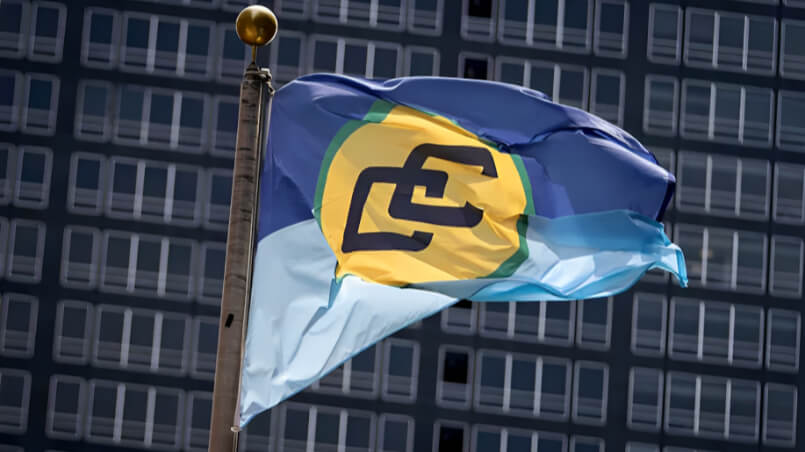The Caribbean’s slavery reparations campaign has been a lengthy and still unfulfilled pursuit, even though the process has gained significant momentum in recent years.
Acknowledgement of the right of descendants of enslaved Africans to reparatory justice has been denied for far too long. The fact that those who were the enslavers promptly received substantial financial rewards for the loss of black slave labour remains the most egregious insult to generations of our people, who today are still feeling the effects of social and economic structures that were designed to ensure they were effectively treated as second-class citizens.
But as with every struggle confronted by black people throughout history, it will not be an easy road and it will not be linear.
An important step in the advancement of the reparations argument came on Monday when Vice-Chancellor of the University of the West Indies and prolific Barbadian historian Professor Sir Hilary Beckles addressed the United Nations General Assembly.
Sir Hilary, who has become the face of the Caribbean Community’s (CARICOM) joint effort, was part of the global programme to commemorate the International Day of Remembrance of the Victims of Slavery and the Transatlantic Slave Trade. The day has been commemorated annually on March 25 since 2007.
One may ask about the utility of commemorating this day when the coordinated reparations demand remains unfulfilled, and those behind the cause are still fighting for acceptance of the demand and how it ought to be calculated and possibly apportioned.
We contend that it is a necessary move. It assures the people of the region that our leaders have not decided that it is politically correct to distance themselves from such controversial issues. It also serves as a timely reminder to the former colonial states that we have not forgotten the centuries of terror, abuse, murder, rape and exploitation of our foreparents.
The Repair Campaign, which is being funded and coordinated by CARICOM, is described as a “social movement for the reparatory justice in the Caribbean” guided by the CARICOM Reparations Commission.
They assert that slavery and the Atlantic slave trade were genocide and that “chattel enslavement and colonialism inflicted deep and enduring damage on the people of the Caribbean, while providing significant financial benefits to the colonisers”.
However, the Commission says its goal is to augment Caribbean people who have been demanding reparations and have developed “socioeconomic Reparatory Justice Plans”.
People from across all CARICOM states, including Haiti, have been invited to sign an electronic petition as part of the reparations campaign.
It is ironic that the petition and commemoration of International Day of Remembrance of the Victims of Slavery and the Transatlantic Slave Trade come at a time when Haiti, the first slave country to successfully fight their enslavers and achieve freedom and independence, is today in near ruin.
In a recent editorial, we highlighted the destabilising role played by French colonists who were bent on never treating a slave colony that managed to defeat the French army between 1804 and 1806, as an equal republic.
As the world’s first independent Caribbean country, the price of freedom came at a “crippling cost” as France demanded an “independence debt” that was only erased in 1947.
Raped and drained of its financial resources, Haiti is now the financially poorest country in the Western Hemisphere.
If there is one Caribbean state with a clear case for reparatory justice, it is Haiti. The world knows which country and its allies need to be repaying Haitians for years of exploitation.
How do we calculate the pain and suffering? Who will make the payments, and in what form? How will it be distributed? Should it be in the form of debt forgiveness, direct funds to households, or to countries? Who will be entitled to receive reparations?
These are all questions that have been put on the table. What we do know is that there is an existing track record of reparatory payments to various groups.
The German government has paid reparations to Israel for confiscating Jewish property, forced labour of Jews and persecution. It is documented that payments made to Israel up to 1987 totalled about US$36 billion.
In 2021, the Australian government established a US$280 million reparations fund for its indigenous people who were forcibly removed from their families.
Our call in CARICOM for reparations is no less legitimate.




